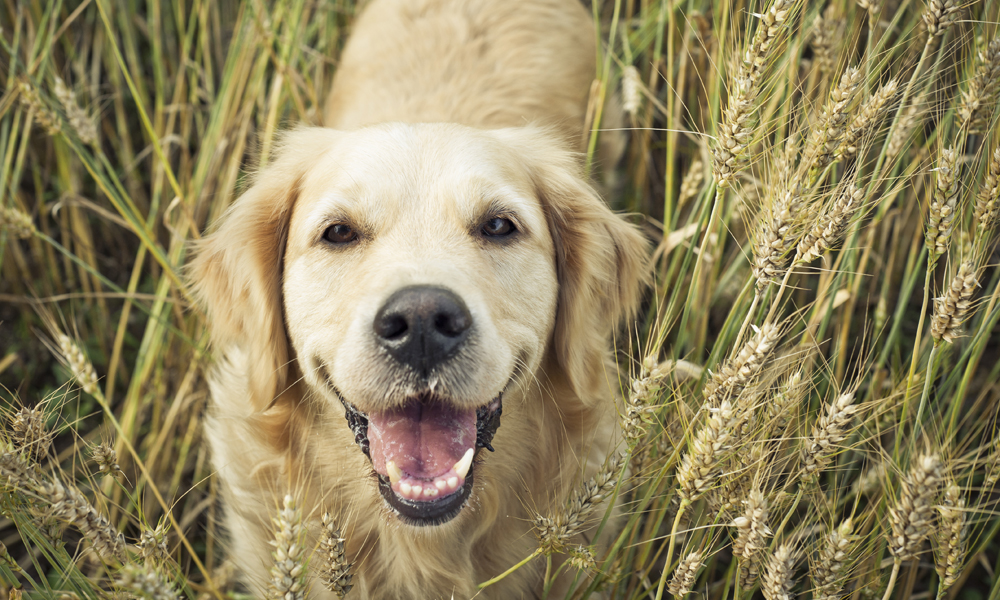Confused about grains and whether they’re good for canines? In the following, we’ll explain just what heirloom grains are, what sets them apart from traditional grains, like corn and wheat, and the bounty of nutrients they can bring to your dog’s bowl.
What are heirloom grains?
The term heirloom grains refers to various varieties of wheat, grains and pseudo-cereals. They’re also referred to as super grains, ancient grains and heritage grains. They’ve been cultivated by humans for more than a millennia, but unlike some of the more common grains in our diet, heirloom grains are less processed and modified. Though not all the following examples are found in pet foods, heirloom grains include:
Wheat
- Spelt
- Farro
- Einkorn
- Emmer
Grains
- Millet
- Barley
- Oats
- Sorghum
Pseudo-cereals
- Quinoa
- Amaranth
- Buckwheat
- Chia
What’s the buzz about heirloom grains?
Heirloom grains have received a great deal of buzz in recent years, because these can provide excellent alternatives to the more common standbys in the grain world, specifically rice, corn and wheat. Those who have gluten intolerances and sensitivity to ingredients like corn find that these heirloom grains provide a delicious alternative that doesn’t trigger their symptoms.
Heirloom grains also require less water to cultivate, making them more drought resistant and sustainable.
[For a deeper dive, read Confused about what to feed your dog? Kibble and cans explained]
Are heirloom grains good for dogs?
Heirloom grains offer plenty of nutritional benefits to our canine friends and variety to their diets to help them build healthy bodies. Just like humans, eating a variety of grains provides the body with all their unique nutritional profiles, including amino acids, fiber, vitamins and minerals.
Here are a few more reasons why heirloom grains are good for dogs.
Heirloom grains come with the good stuff
High in fiber and good sources of protein, heirloom grains offer dogs a good source of:
- Amino acids that maintain the body and help it function.
- Antioxidants to protect the cells against free radicals.
- Omega-3 fatty acids for heart and brain health, also warding off inflammation.
Heirloom grains are digestible
When we think of a dog’s wolf ancestry, it’s natural to wonder if any grains are compatible to a dog’s diet. Research cited by ScienceMag suggests that dogs have evolved to adapt to domestication, and it shows up in their DNA. One important area is their ability to digest the starches that are found in grains. Dogs have anywhere from 4 to 30 copies of the amylase gene, which facilitates starch digestion in the intestine, whereas wolves have only two of these genes.
One possible reason may have to do with the domestication with wolves. As some began to interact with humans who were willing to share food, wolves with digestive systems that were better at processing grains and starches had the advantage.
[Read Curious about canines: Does flavor matter to dogs?]
Do grains cause allergies in dogs?
Going grain free has been getting a lot of buzz, for humans as well as pets, as a solution for relieving allergies and other symptoms. Did you know food allergies in canines are far more often caused by protein — not specifically by grains? It’s true.
These proteins are the top causes of allergies in dogs, according to PetsWebMD:
- Dairy
- Beef
- Lamb
- Chicken
- Eggs
- Soy
Though dogs don’t develop celiac, they can have an allergic reaction to gluten, which is a protein found in some grains. Because several heirloom grains, such as quinoa, millet and oats, are gluten free, they can provide a worry-free addition to your canine’s diet.
If your dog is becoming itchier in his skin and licking his paws frequently, food allergy and sensitivity should be ruled out. Vomiting and diarrhea are two more symptoms, as well as frequent ear infections.
[Read How do I know if my dog’s stomach hurts (and how can I help)?]
Spotlight on canine-friendly heirloom grains
Quinoa
Is quinoa good for dogs? Quinoa is technically a seed, which is why it’s considered a pseudo-cereal. It’s one of the rare grains that contains all nine essential amino acids, and for that reason, it’s considered a complete protein. Quinoa is also a good source of fiber, magnesium, B vitamins and potassium, along with beneficial antioxidants. For these reasons, quinoa is every bit the superfood for canines as it is for humans, which is why it’s often featured in premium pet food diets.
Millet
This little nutrient-dense grain is easy to digest — more so than wheat — while providing a healthy source of complex carbohydrates. Millet is also a good source of phosphorus (which is needed for healthy bones), B vitamins and iron.
Buckwheat middlings
Middlings are a byproduct of processing buckwheat kernels that create a coarse, nutrient-rich flour, offering yet another nutrient powerhouse in the pseudo-cereal group. High in protein, while containing starches that quickly convert to energy, buckwheat middlings are also high in zinc, iron and selenium, all of which are essential minerals that provide your dog with energy and help his natural defenses.
Spelt
An excellent source of B vitamins, manganese and fiber, spelt is an ancient whole grain that predates wheat in terms of human cultivation. Spelt does contain gluten, however.
Barley
This ancient grain has carbohydrates to give your pet energy to run and play, but it’s also a good source of B vitamins, manganese and phosphorus.
Next-level nutrition for the canine diet
NutriSource’s new Element series joins evolutionary concepts with cutting-edge nutritional knowledge to help your dog live a long, healthy life. Instead of cheap fillers, like corn, Element packs every bag with wholesome and heirloom grains to give your dog the nutritional variety to build a healthy body from whisker to tail.
- Element’s recipes contain at least 83% animal protein, sourced from our carefully vetted suppliers to ensure the quality of the ingredients.
- You’ll find animal proteins in the first five ingredients of each formula, providing your pet with a varied array of essential amino acids.
- Our proprietary new Good 4 Life Plus system has added digestive benefits to support the proper digestion of high meat diets and gut health. Gut health and bioavailability work hand in hand to help your dog access the full benefits from his meal.
Learn more about NutriSource’s Element Series and look for it at your local, independent pet food retailer.


